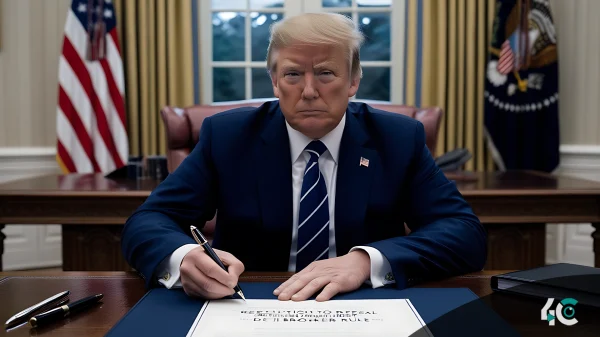Utah is on course to become the first state in the US to establish a Bitcoin reserve, thanks to a rare combination of a short legislative window and strong political support. Satoshi Action Fund CEO Dennis Porter believes Utah will lead the way in Bitcoin acceptance at the state level, citing the state’s 45-day legislative timetable as a key reason. Porter said: “It’s either sink or swim in 45 days; no one else has a faster calendar or the political momentum to get this done.”
The Utah House Economic Development Committee approved the bill 8-1 on January 28. If passed, the measure will allow the state to invest a portion of public funds in digital assets like as Bitcoin and other cryptocurrencies with market capitalizations greater than $50 billion. This approach has the potential to alter the way state governments manage their finances and defend their purchasing power without increasing taxes.
State Representative Jordan Teuscher, who initiated the bill, believes Utah will be the first state to enact such legislation. “Utah continues to lead the nation in blockchain and digital innovation,” Teuscher said, adding that the state is working to become a pioneer in digital asset adoption
Governor Spencer Cox demonstrated his support for blockchain and digital innovation by establishing a task team to advance these technologies. If the Bitcoin reserve measure passes the Senate, Cox is likely to sign it into law.
Utah is presently the 11th state to propose a Bitcoin reserve, but Porter believes more governments will follow suit shortly. As more governments look into digital asset reserves, Utah’s program has the potential to set the norm for how states handle and invest public monies in cryptocurrency.
Wyoming is also moving forward with similar legislation, with bipartisan support rising for its Bitcoin reserve measure. Both Utah and Wyoming might pave the way for a new age of state-level cryptocurrency acceptance, with Utah’s quick legislative procedure putting it in a good position to be the first.















































